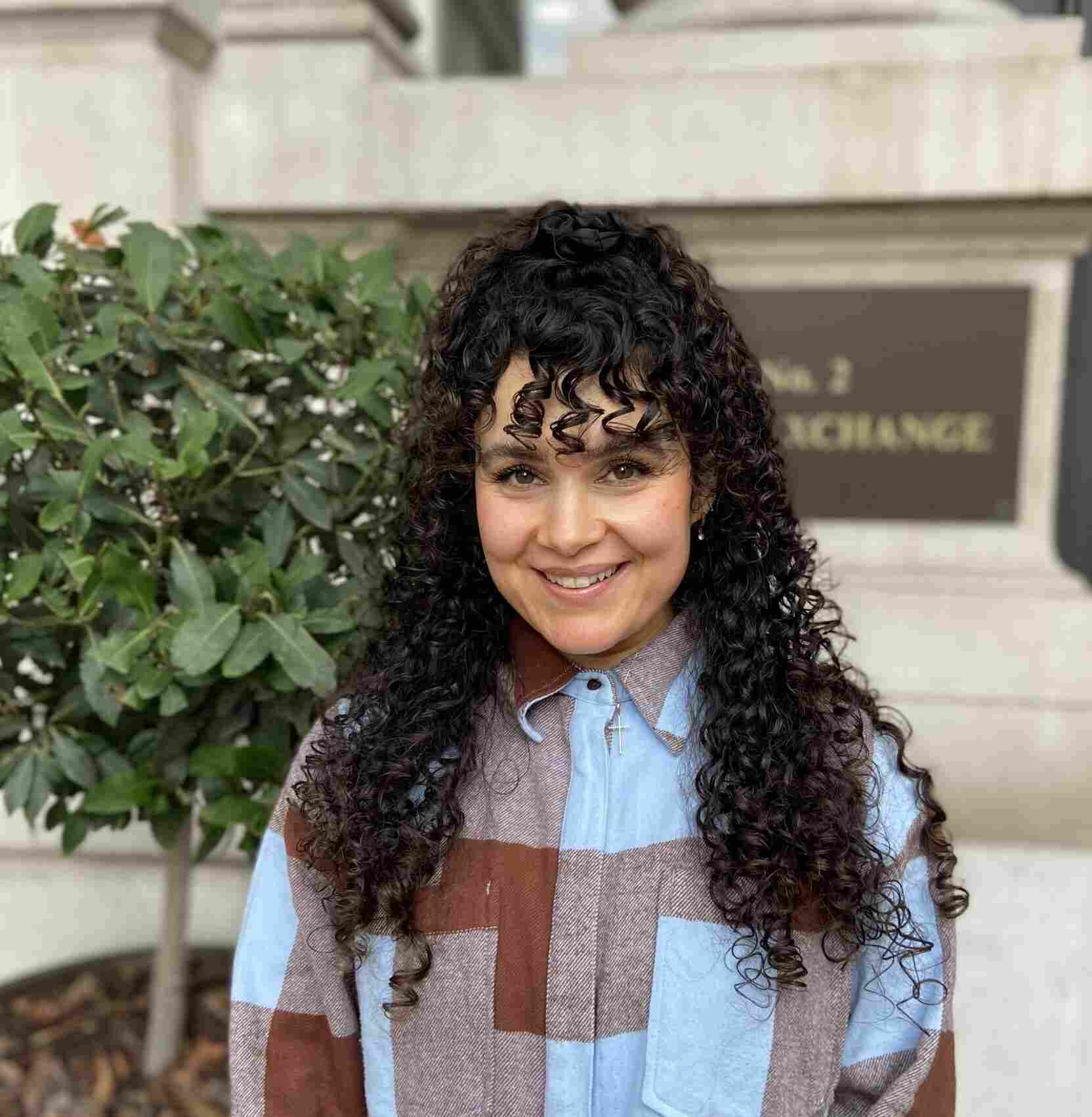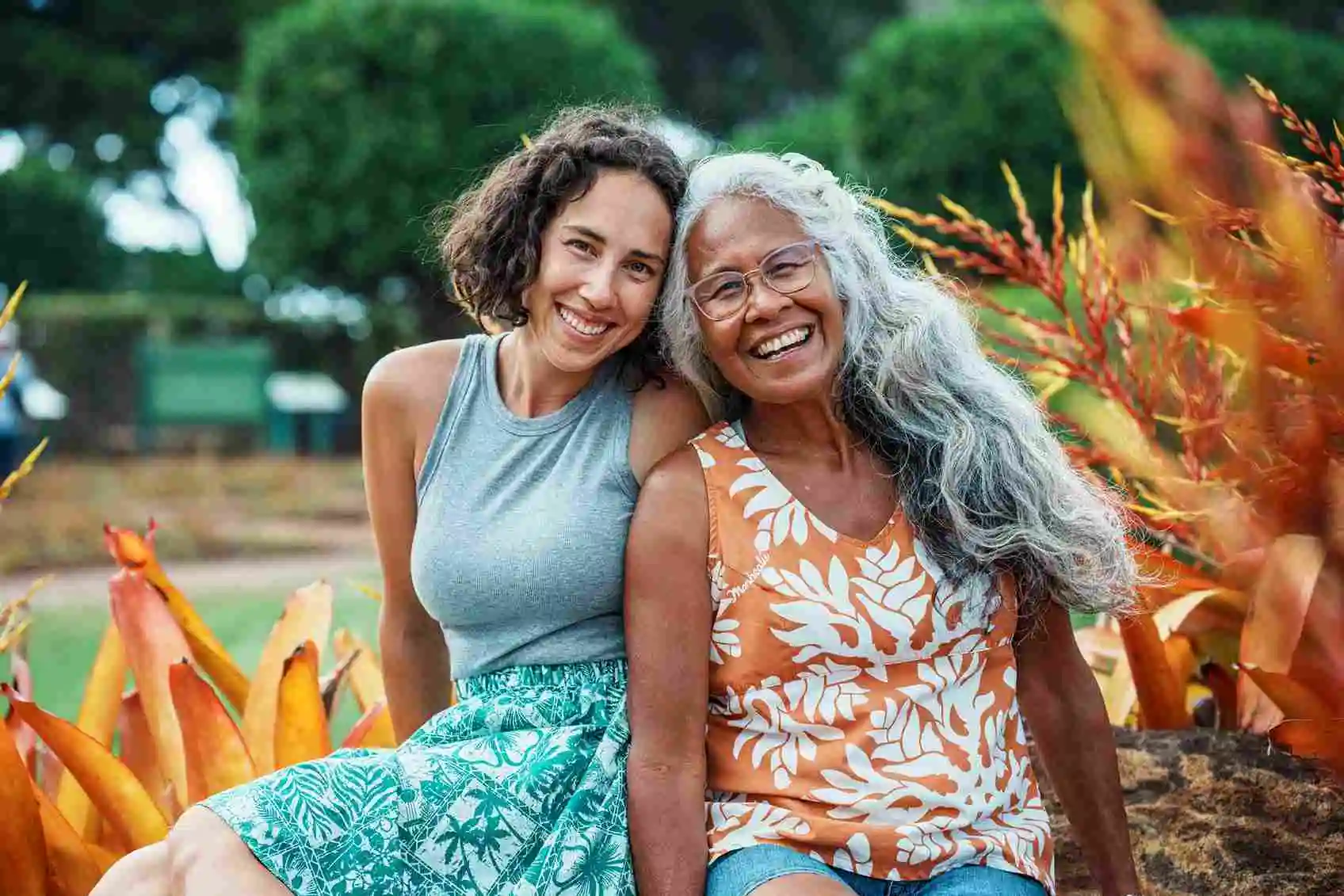What to prepare for
If your friend or loved one is a stroke surviv0r, it may be difficult to know what is the appropriate support to offer. Each person is affected by differently by a stroke and so there is no one size fits all approach. It is important to take time to listen and hear what the person’s experience is and try to understand the unique process of their recovery.
According to Different Strokes, some survivors live with physical disabilities, amongst the most common ones would be: paralysis, stiffness and muscle weakness. This may result in the need for a walking aid or a wheelchair. Others may not require mobility aids, though may end up limping or with weakness on one side. The face is another are often affected, one side of the face may appear droopy. When adjusting to the changes following a stroke, make sure to remain calm and relaxed regardless of how surprising their appearance may be, they need your reassurance and encouragement.
Caring for someone close to you
If you happen to become a carer for someone close who has suffered a stroke, you most likely have a lot of questions, not to mention the emotional impact. This is normal and there is plenty of support in place, so do not fear, you are not alone.
The emotional impact is often significant also for the person who has had a stroke and it can present in extremes of emotion. Uncontrollable laughter or crying can either be because they feel happy or sad, however, at times this may occur for no apparent reason. Just go along with your loved one and either join them in laughter or comfort them in their sadness.
Different Strokes have interviewed younger stroke survivors and their families and asked for advice for friends. Here are some of the common responses:
- ‘Please show patience and understanding.’
- ‘Treat me the same way you did before stroke.’
- ‘Ask me how you can help and follow it through with actions.’
- ‘Communicate with me, even when it is hard.’
- ‘Understand that my life changed.’
- ‘Keep in touch.’
Equipment options
The Stroke Association has a wide range of resources on their website regarding everything stroke related. If getting around is difficult for the person you look after, there is a wide range of aid options available. To mention a few – mobility, bathing, dressing, kitchen aids, electric beds and chairs, sensor equipment, voice activated smart speakers and digital assistive technology.
How can Cavendish Homecare help?
Supporting someone after a stroke can be challenging, yet very commendable. At Cavendish Homecare, we understand the complexities and individual needs of each stroke survivor and our highly experienced carers and nurses provide their expertise gained while working with stroke survivors as well as compassion and emotional support.
Cavendish Homecare provides flexible, comprehensive and responsive support to help you maintain the highest quality of after stroke nursing homecare. To learn more about our care services and how we can assist with your needs, please reach out to our team, we are here to discuss further and address any questions or concerns you may have.
About the Author…
Misha Zemkova
Operations Coordinator
Starting her career in Health and Social Care with a Certificate of Higher Education from the Open University, Misha Zemkova is committed to making a positive impact.
As a former volunteer at North London Action for the Homeless, Misha stands out for her exceptional ability to connect with people through active listening. With seven years of invaluable experience as a Key Worker for adults with diverse learning disabilities, Misha brings extensive experience and a deep understanding of caring for individuals with unique needs.
Now a pivotal member of the operations team at Cavendish Homecare, Misha actively supports Nurse Managers and the Bookings team in delivering high-quality care. She has demonstrated outstanding commitment to supporting charity partner Cruse Bereavement through events such as the Virtual TCS London Marathon and Light up the Night.

 Back
Back